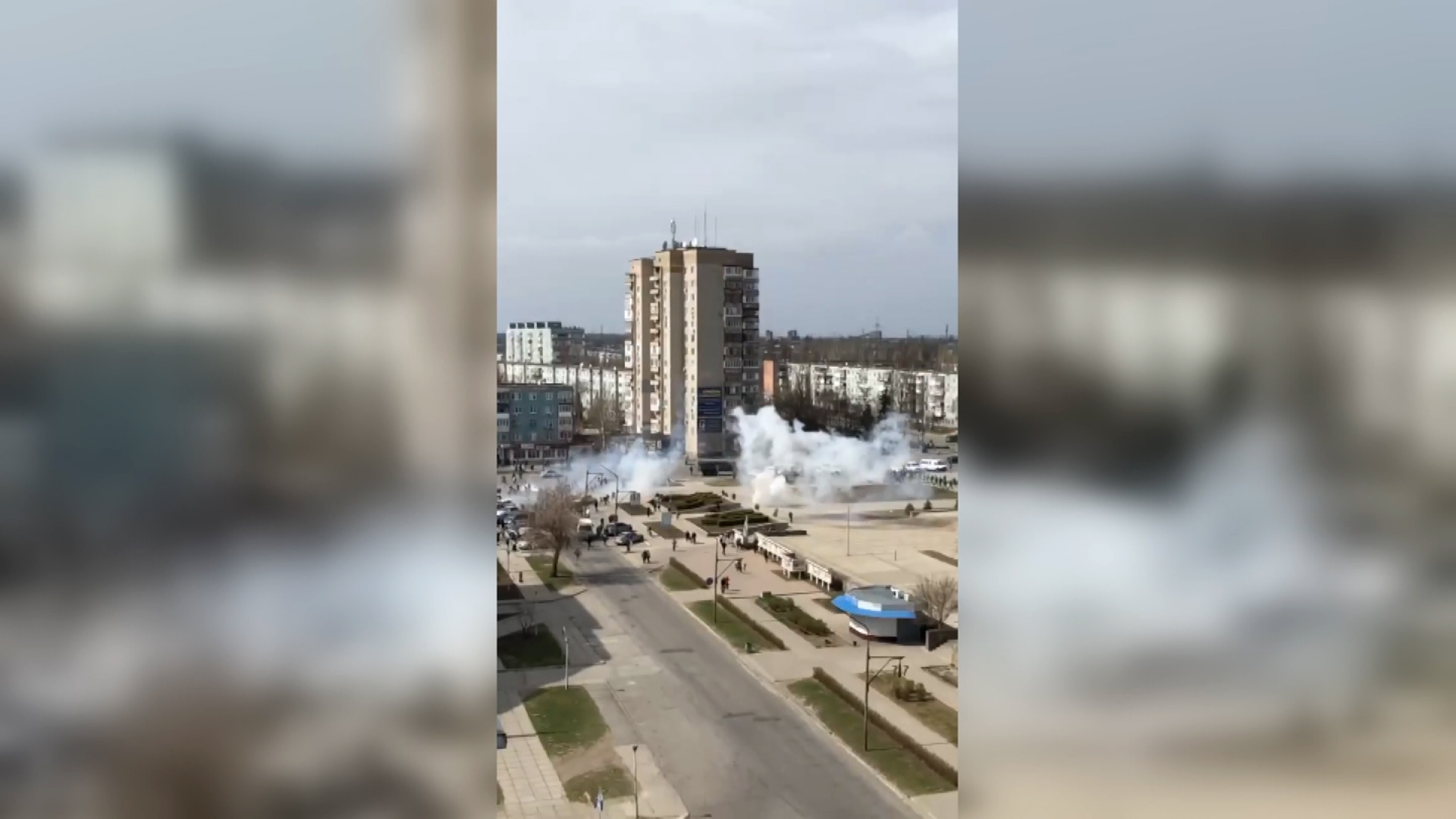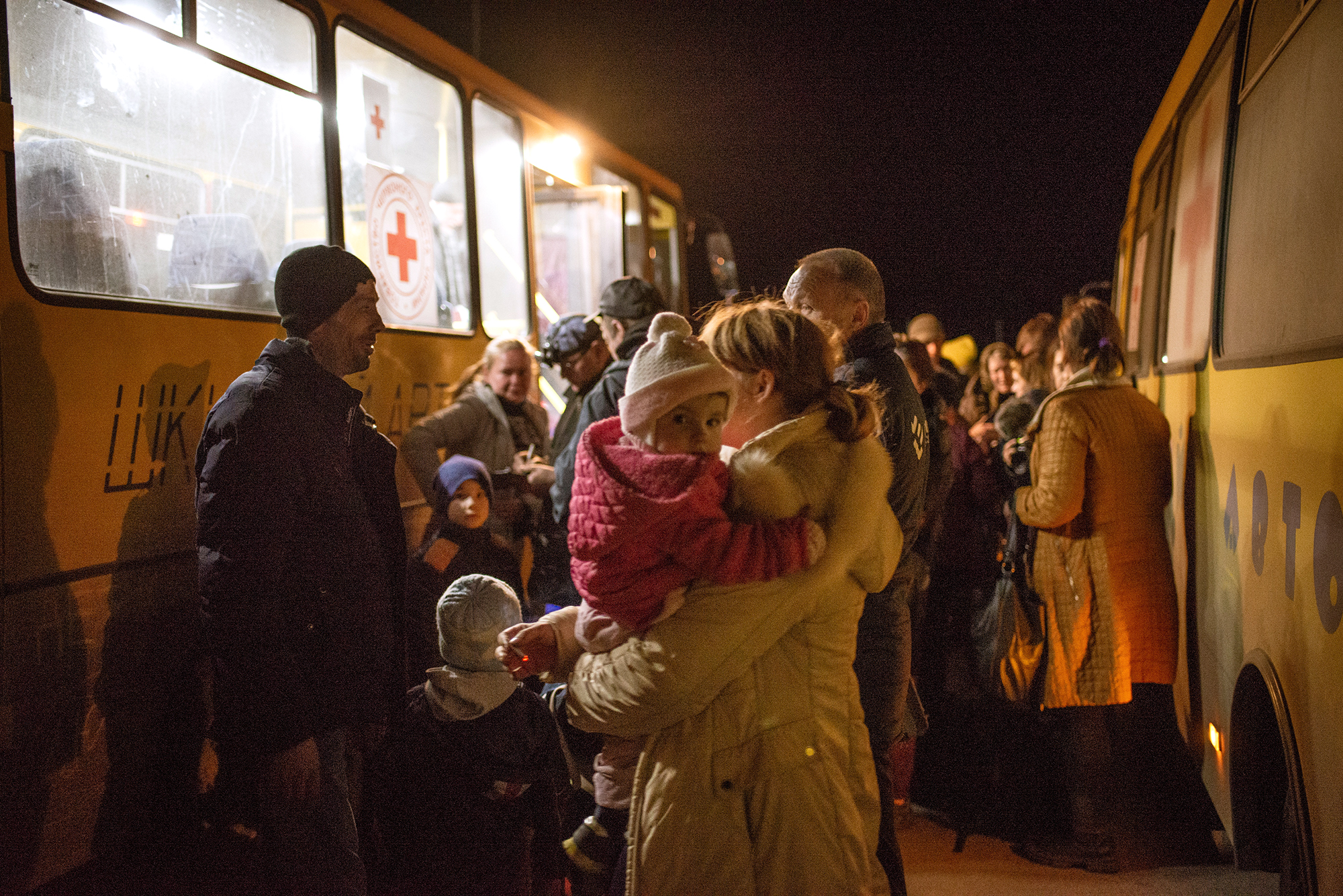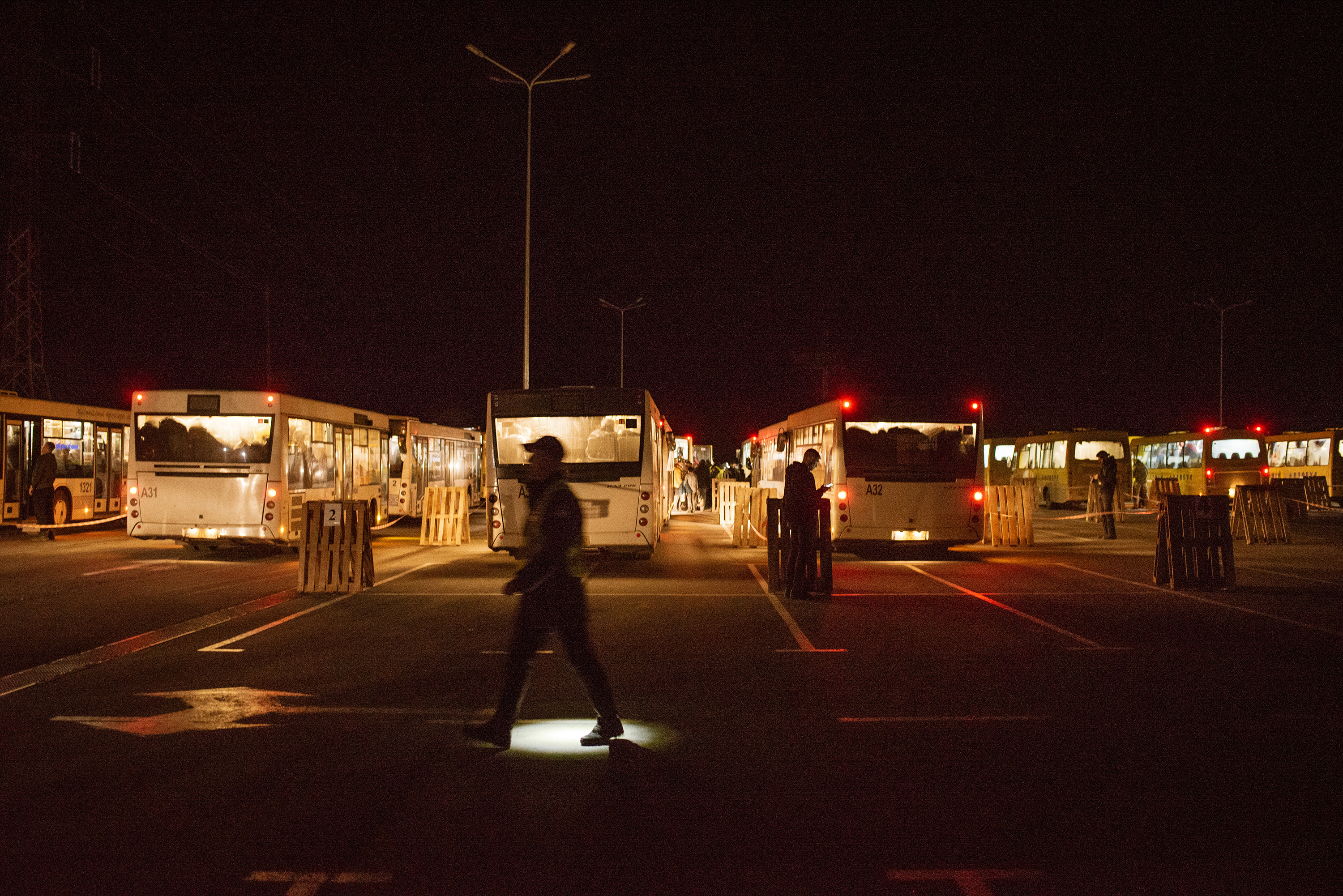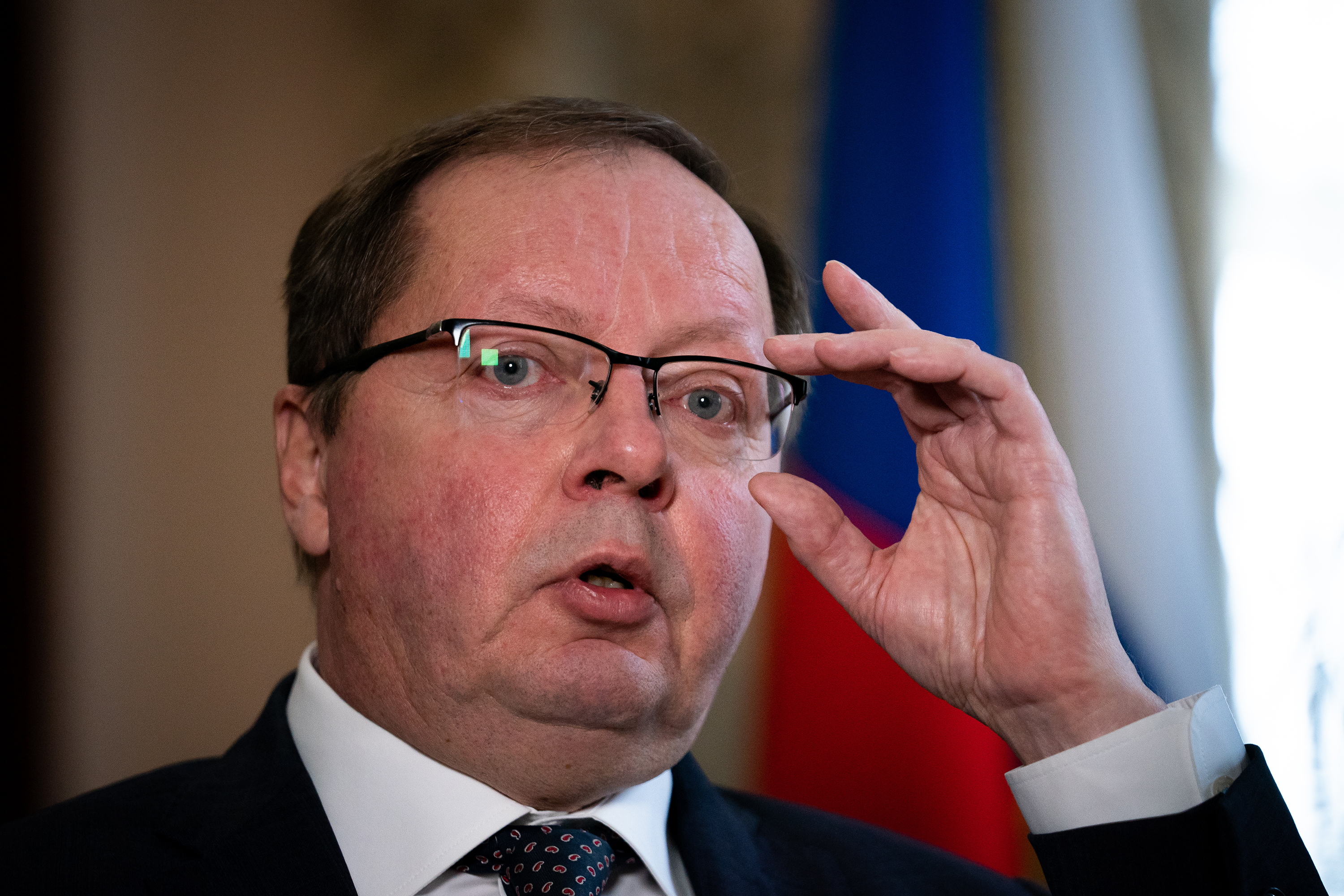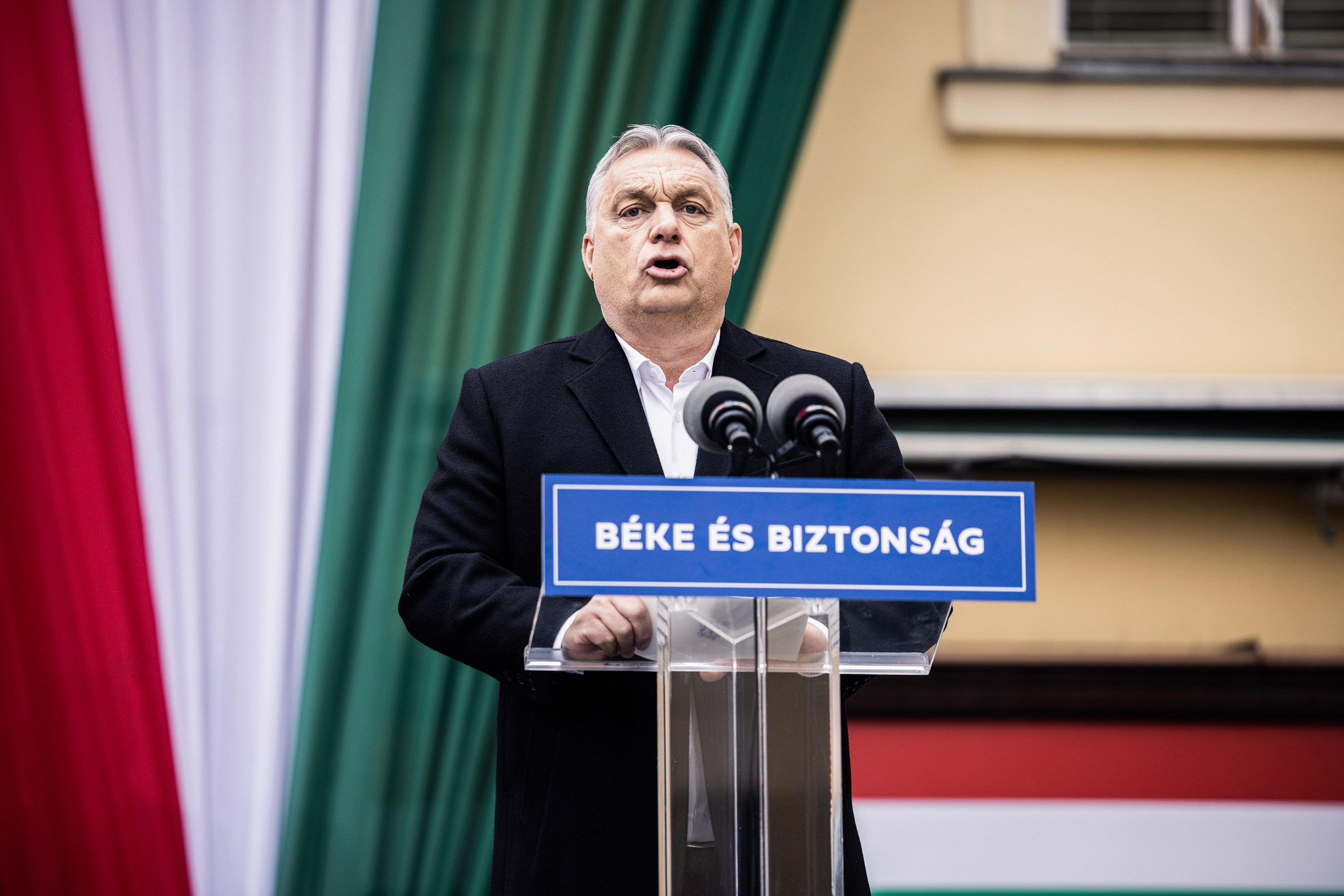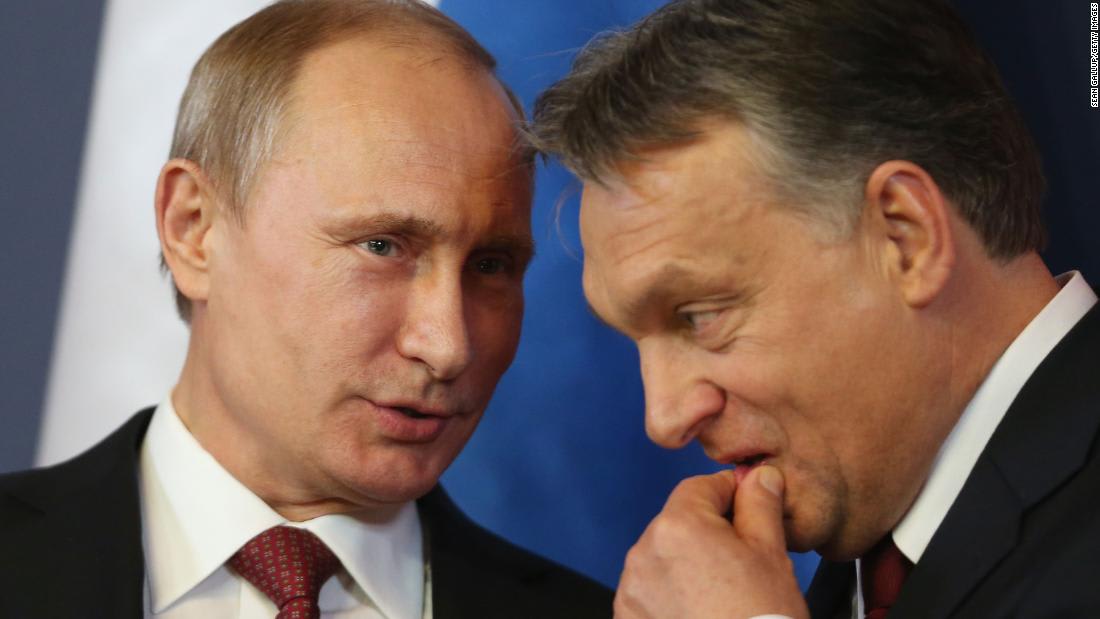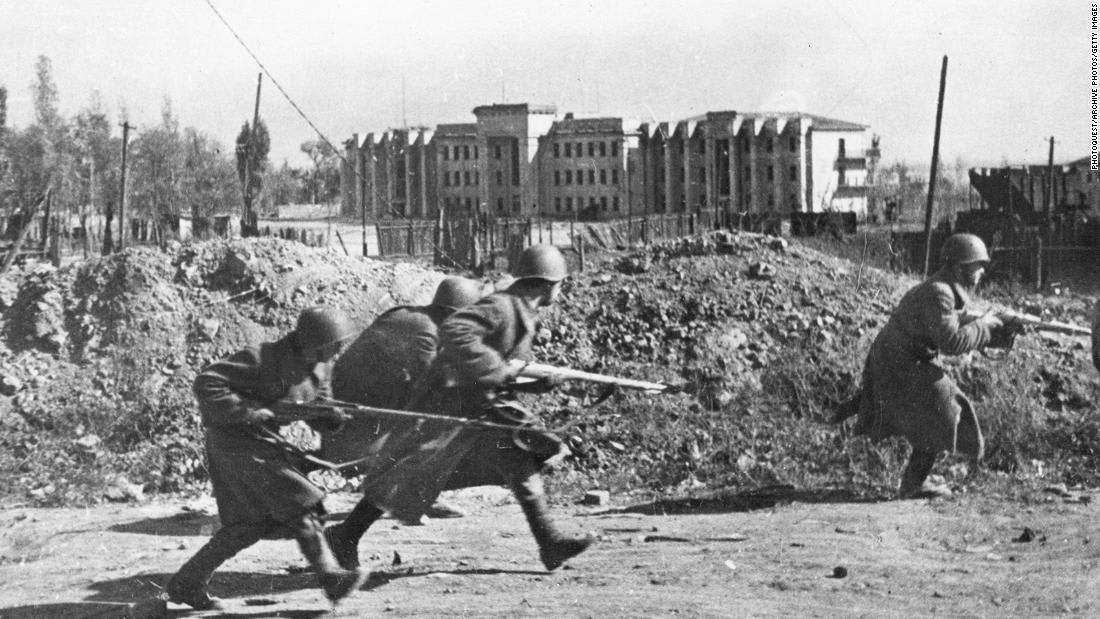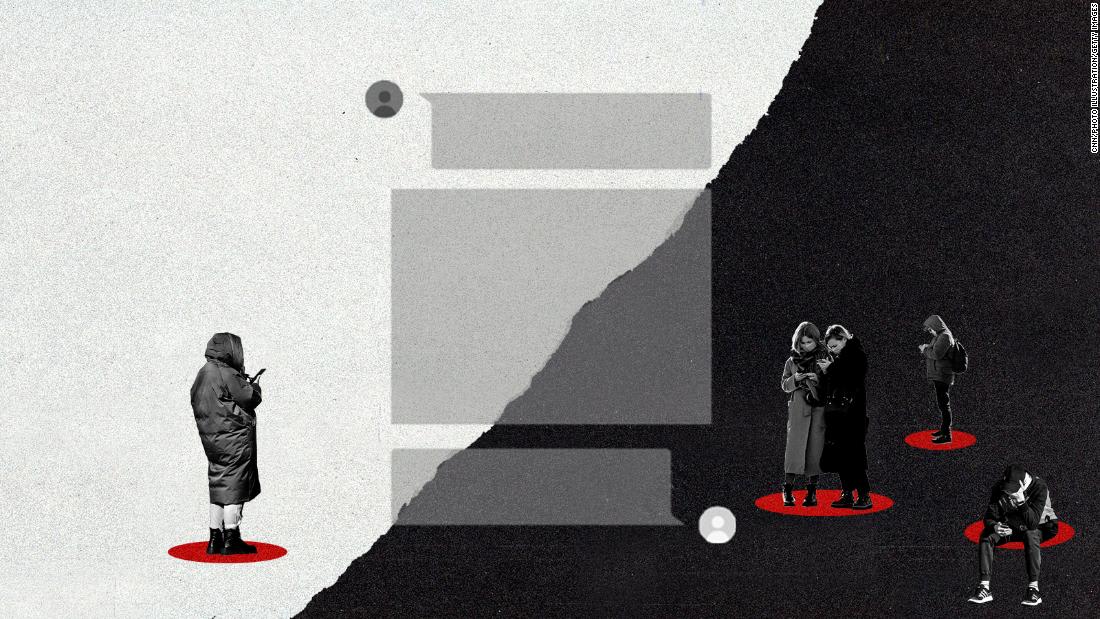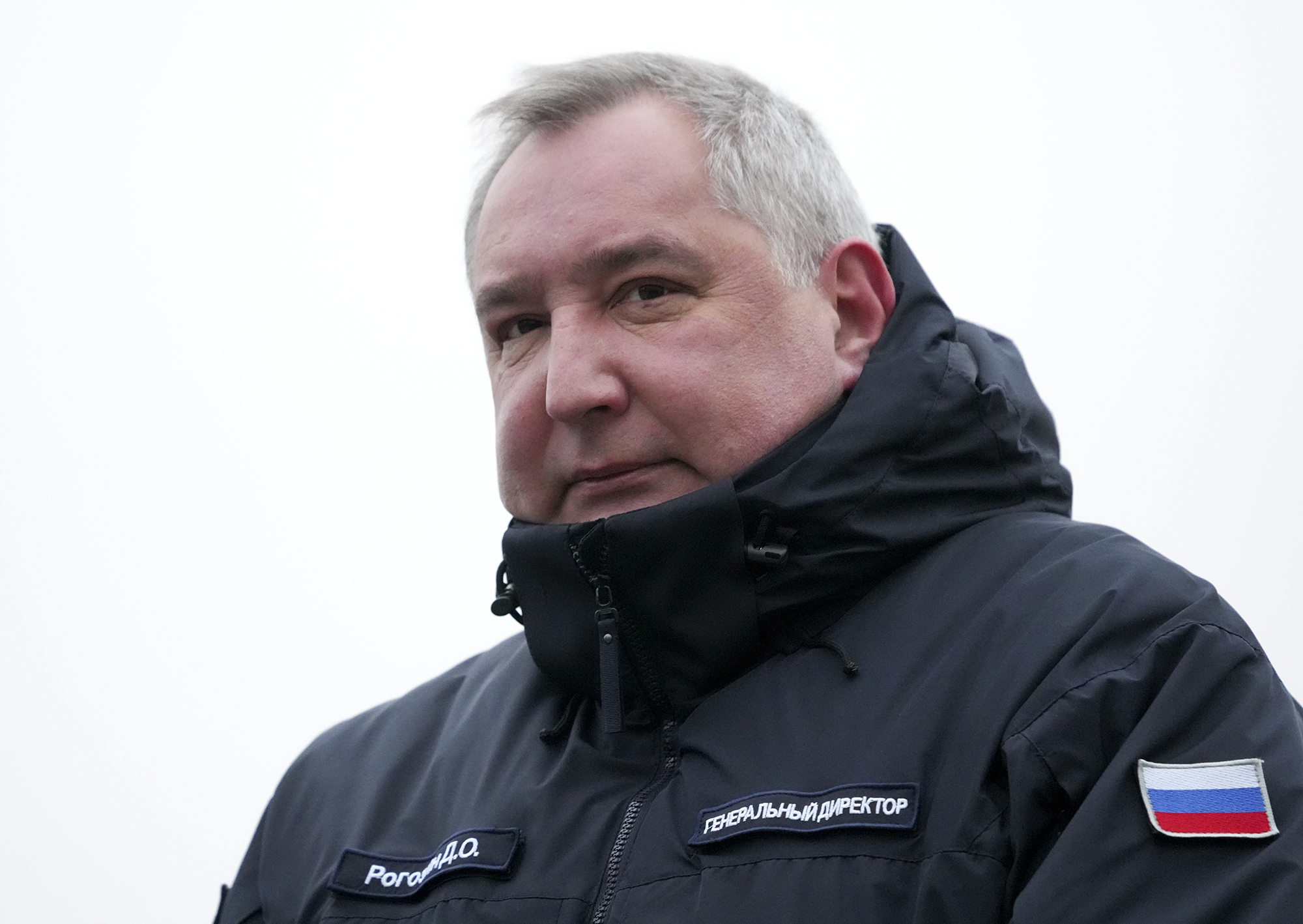
The Director of Russia's space agency Roscosmos, Dmitry Rogozin, published a series of inflammatory tweets on Saturday suggesting Russia might end cooperation at the International Space Station (ISS) due to international sanctions on the country's capital, Moscow.
"I believe that restoration of normal relations between partners at the International Space Station and in other joint projects is possible only after full and unconditional removal of the illegal sanctions," Rogozin said in posts to his verified Twitter account.
Rogozin warned that Roscosmos would prepare "concrete proposals to our country's leadership" on the possibility of ending cooperation at the ISS with the space agencies of the US, Canada, the European Union and Japan.
Some background: The head of Russia's space agency has a reputation for playing fast and loose on social media, making comments on geopolitical issues and directing criticism at the US.
NASA maintains that it has a close working relationship with Roscosmos that is unaffected by the political situation on earth and the war in Ukraine.
Rogozin previously posted a heavily edited CGI video that appeared make the threat that Russian cosmonauts would abandon NASA astronaut Mark Vande Hei in space. Vande Hei, who launched to the ISS in April 2021, returned to earth on March 30, along with Russian cosmonauts Anton Shkaplerov and Pyotr Dubrov.
Veteran former astronaut Scott Kelly recently told CNN he would back off his high-profile Twitter war with Rogozin, following a warning from a NASA official that such attacks are “damaging” to the ISS mission.
Since November 2000, the ISS has functioned as an orbiting laboratory 227 nautical miles (420 kilometers) above our planet, as well as a home to continuously rotating crews of astronauts and cosmonauts. It has been the site of multiple firsts as astronauts have successfully sequenced DNA and feasted on crops grown in space.
